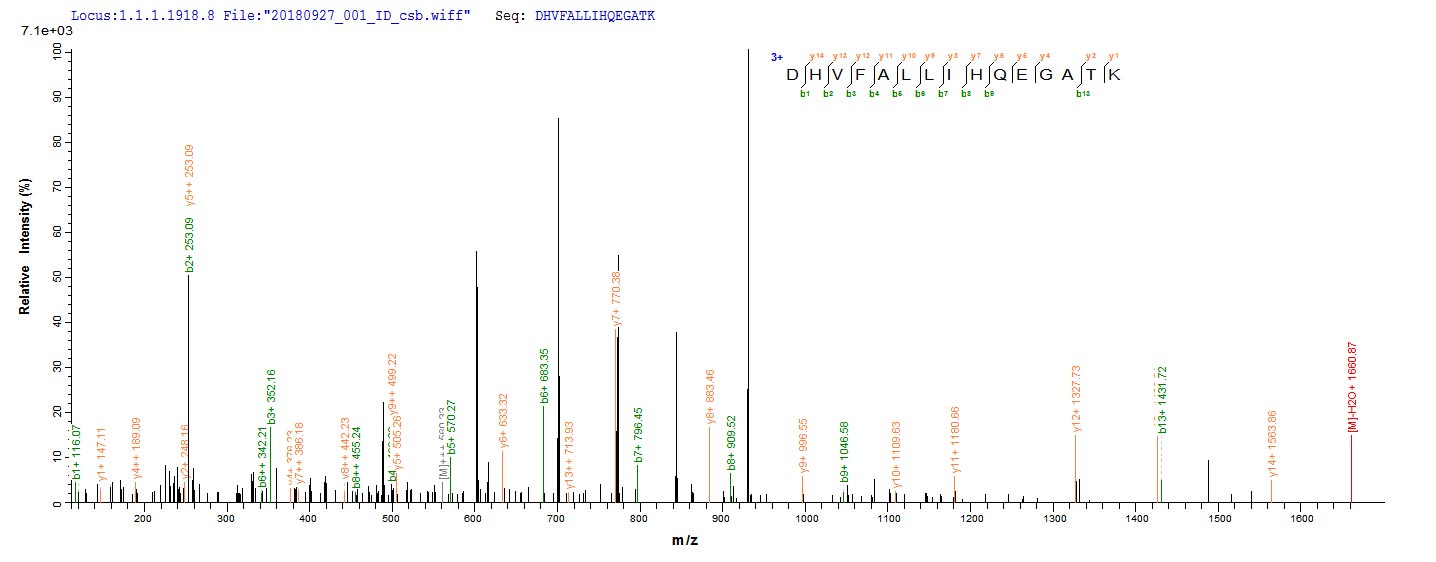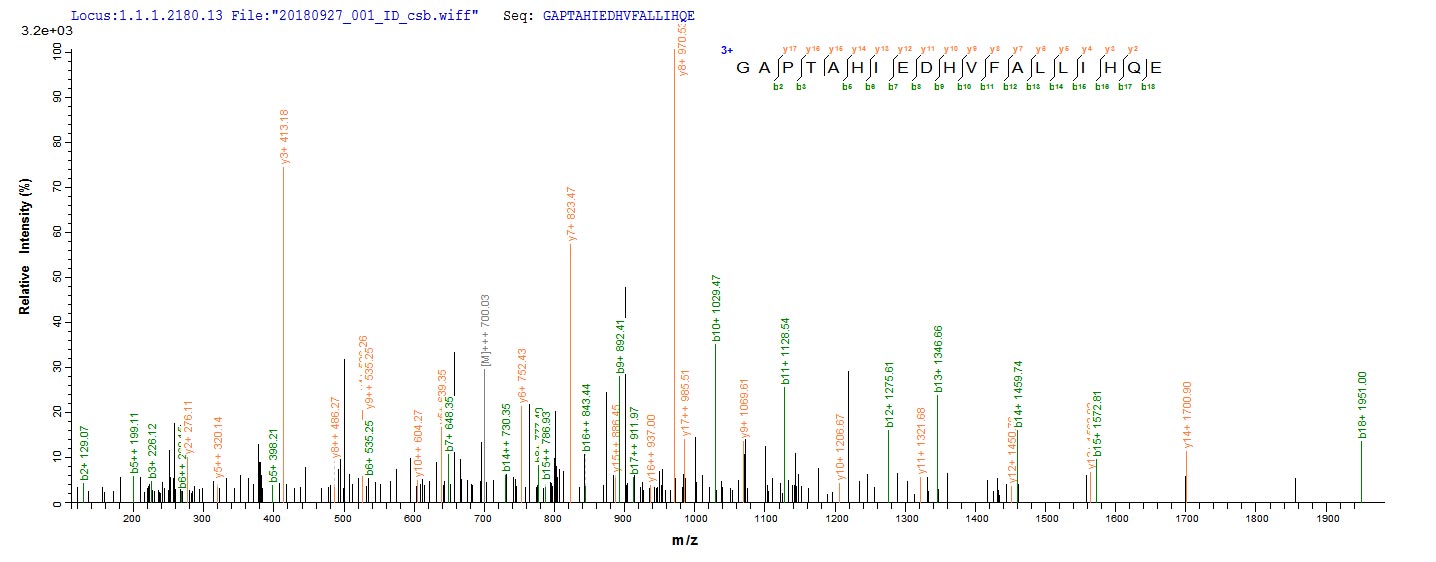Recombinant Lentinula edodes Serine protease inhibitor is expressed in E. coli and contains the complete protein sequence, spanning amino acids 1-142. The protein carries an N-terminal 6xHis tag, which appears to simplify both purification and detection processes. SDS-PAGE analysis indicates the product's purity exceeds 85%, though this may vary slightly between batches. Low endotoxin levels make it potentially suitable for in vitro studies, although researchers should verify compatibility with their specific experimental conditions.
Lentinula edodes Serine protease inhibitor comes from the Shiitake mushroom and seems to play a role in regulating protease activity. The protein likely controls proteolytic processes within biological systems by inhibiting serine proteases. This regulatory function appears important for various cellular pathways, which could make the protein useful for research into protease-related functions and interactions.
Potential Applications
Note: The applications listed below are based on what we know about this protein's biological functions, published research, and experience from experts in the field. However, we haven't fully tested all of these applications ourselves yet. We'd recommend running some preliminary tests first to make sure they work for your specific research goals.
Lentinula edodes serine protease inhibitor is a protein that requires precise folding, proper disulfide bond formation (if present in native structure), and specific tertiary structure for its functional activity in protease inhibition. The E. coli expression system can produce soluble proteins but may not support an optimal eukaryotic folding environment or correct disulfide bond formation. The N-terminal 6xHis-tag is relatively small and may cause minimal steric interference. While the full-length protein (1-142aa) contains all functional domains, the probability of correct folding with functional protease inhibitory activity requires experimental validation. Serine protease inhibitors typically require precise reactive site loop conformation for effective inhibition.
1. Protease Inhibition Screening Assays
This application carries a significant risk without functional validation. Protease inhibitory activity requires precise tertiary structure and proper reactive site formation. If correctly folded and active (verified through inhibition assays), the protein may be suitable for screening studies. If misfolded/inactive (unverified), inhibition assays will yield biologically meaningless results.
2. Pull-Down Assays for Protease Target Identification
This application requires proper folding validation. Protease-inhibitor interactions require native conformation of the inhibitory domain. If correctly folded (verified), the protein may identify physiological protease targets. If misfolded/unverified, there is a high risk of non-specific binding or failure to replicate genuine interactions.
3. Biochemical Characterization and Kinetic Studies
These studies are essential for determining functional status but require validated activity. Techniques should include inhibition kinetics, binding affinity measurements, and stability assays. However, meaningful characterization depends on having a functionally active inhibitor.
4. Antibody Development and Immunoassay Applications
This application is highly suitable as antibody development relies on antigenic sequence recognition rather than functional protein folding. The full-length protein provides comprehensive epitope coverage for generating specific antibodies.
5. Comparative Inhibitor Studies and Structure-Function Analysis
Meaningful comparative studies require native protein conformation and functional activity. If correctly folded and active (verified), the protein enables valid evolutionary and functional comparisons. If misfolded/inactive (unverified), comparative analyses would yield misleading insights.
Final Recommendation & Action Plan
The E. coli-expressed serine protease inhibitor with His-tag may be functionally active, but requires experimental validation before most applications. Begin with functional validation using standard protease inhibition assays against known serine proteases to confirm bioactivity. Applications 1, 2, 3, and 5 all require this functional validation before proceeding. Only Application 4 (antibody development) can proceed immediately without functional validation. For reliable inhibitor research, always include positive controls with active protease-inhibitor systems and validate key findings with native protein preparations when possible.







